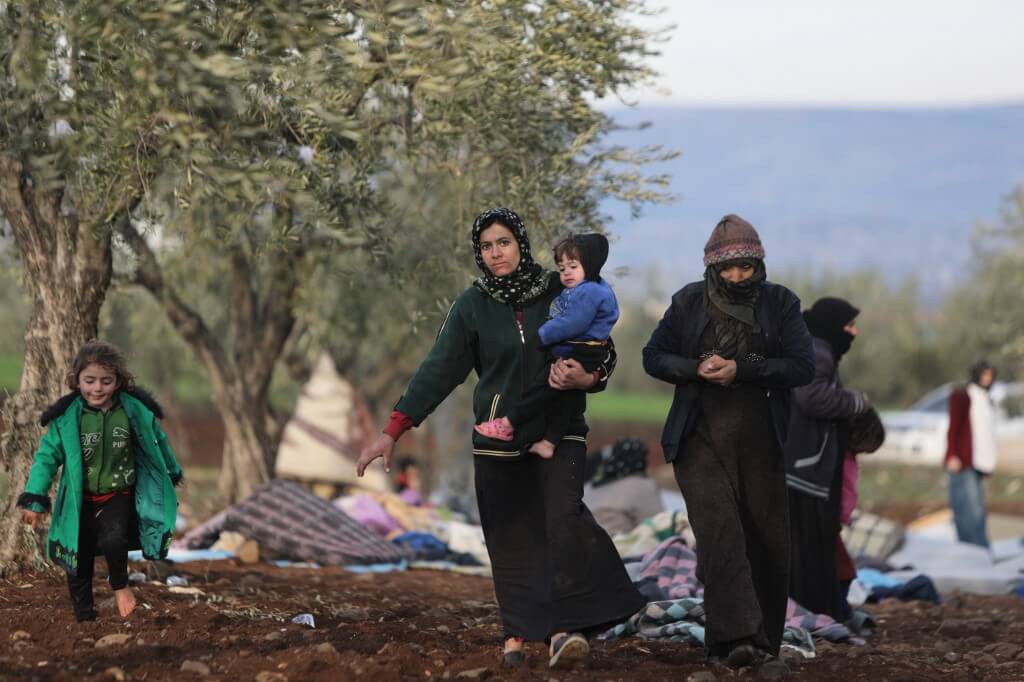State-linked organizations providing the bulk of relief have denied aid to Syrians in some cases in Turkish provinces affected by devastating earthquakes in early February, according to earthquake survivors and rights organizations, Syria Direct, an independent media organization reporting on Syrians, said on Wednesday, the Stockholm Center for Freedom reported.
Xenophobia, hate speech and hate crimes against Syrian refugees are increasing in Turkey as the country prepares for upcoming elections, and politicians from far-right parties have been fueling anti-Syrian sentiment in regions hit by the earthquakes.
A 7.8-magnitude earthquake that struck near the Turkish city of Gaziantep – home to around 2 million people and on the border with Syria – as people were sleeping on February 6 was followed by dozens of aftershocks, including a 7.5-magnitude temblor that jolted the region in the middle of search and rescue efforts the same day.
A large number of Syrians affected by the earthquakes have been temporarily evacuated by authorities to shelters in the southern Turkish province of Mersin.
Speaking to Syria Direct, a Syrian man called “Bilal” said the police escorted his family and a few dozen other Syrians in the shelter, run by the Turkish Disaster and Emergency Management Authority (AFAD), out on the grounds that it was reserved for Turkish citizens.
As the Syrians were leaving the shelter in Mersin on February 10, Bilal said he saw a Turkish journalist speaking to the cameras and claiming that Syrians were being expelled because they had destroyed furniture in the shelter.
When they went to an AFAD center in Mersin the next day, “The person from AFAD said, ‘You are Syrian, you already took everything, this help is for Turks. Come back in five days and we’ll see,” Bilal recounted.
Attitudes about refugees fleeing the conflict in Syria have gradually hardened in Turkey, where they used to be welcomed with open arms, sympathy and compassion, as the number of newcomers has swelled over the past decade.
Tensions between Turks and Syrians flare up on occasion in Turkey, where refugees are blamed for many of the country’s social and economic troubles.
Hate crimes against refugees and migrants have been escalating in recent years as Turkish media, including pro-government and opposition outlets, fuel and exploit the flames of hatred against people who fled their countries and sought refuge in Turkey.
Anti-migrant sentiment has also been expressed by opposition politicians, including Ümit Özdağ, leader of the far-right Victory Party (ZP). In January, Özdağ launched a new campaign dubbed “Bus to Damascus” aimed at deporting Syrian refugees from Turkey.
In a propaganda video posted on Twitter by Özdağ, who has been at the forefront of anti-refugee propaganda in Turkey, party supporters were asked to share the names of refugees and to donate to the ZP so that refugees could be put on buses they call “Victory Buses” and deported to Syria.
In addition to Özdağ, the main opposition Republican People’s Party (CHP) is notorious for its anti-refugee rhetoric, with its leader Kemal Kılıçdaroğlu vowing to send all Syrians back to their homeland if his party comes to power.

